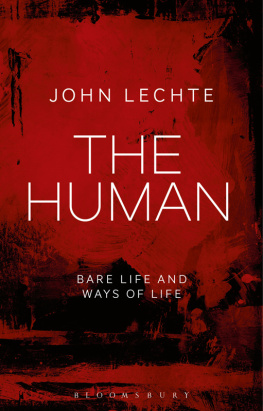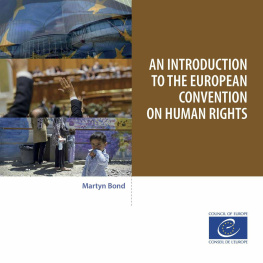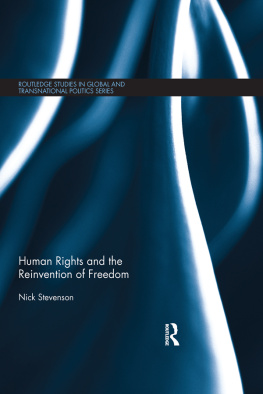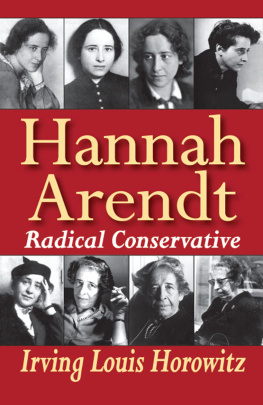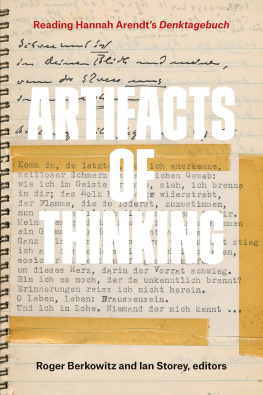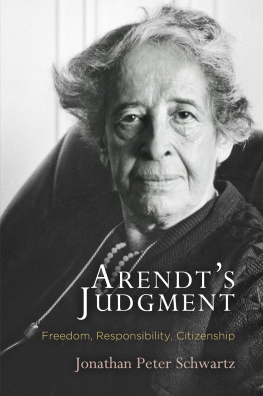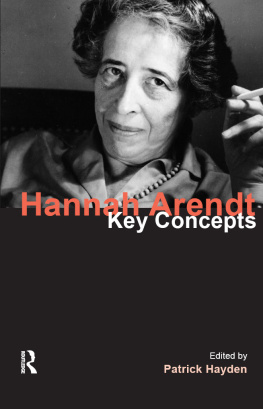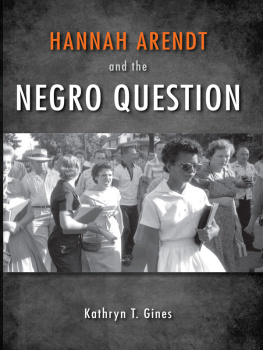The Human
Also available from Bloomsbury
Traces of Racial Exception, edited by Ronit Lentin
The Aesthetico-Political, edited by Martn Plot
Democracy and Its Others, edited by Jeffrey H. Epstein
Posthumanism, edited by Stefan Herbrechter
Conflicting Humanities, edited by Rosi Braidotti and Paul Gilroy
The Human
Bare Life and Ways of Life
John Lechte
Macquarie University, Australia

For Peetra and Simon
In memory of Kathryn Lechte (1923-2018)
Sections of appeared online on 28 July 2017, again in Theory Culture and Society under the title Heterology, Transcendence and the Sacred: On Bataille and Levinas.
A shorter version of was published under the same title in the journal Philosophy Today (66(3): 655678, 2017).
The writing of this book has been made possible by an Australian Research Council Discovery grant awarded for the period 20132015. I offer here my grateful acknowledgement of this grant.
An earlier version of was given as a paper at Goldsmiths, University of London, in the Department of Sociology Global Justice programme on 2 March 2015. I thank Dr Kirsten Campbell for inviting me to give this paper.
Also, a very early version of , entitled The Human and the Animal, was given in the Department of Politics at Goldsmiths on 17 November 2014. I thank Professor Saul Newman for inviting me to give this paper.
Except where otherwise indicated, all translations from French texts are my own.
In the following study, two syntagmas will be permanently in play: way of life (to become ways of life) and bare life, taken from the work of Giorgio Agamben (1998). The implications of the ideas that lie behind these syntagmas will be investigated in the texts of a select number of thinkers as a range of themes are addressed in relation to the human, or humanness: freedom and necessity, the animal, animality as nature, politics as polis life in relation to inclusion and exclusion, the sacred, death and the moment of death, technics and nature, the Same and the Other, the everyday as extraordinary. These themes reverberate, as will be shown, in the texts of Agamben, Arendt, Bataille, Derrida, Hegel, Heidegger, Husserl, Leroi-Gourhan, Levinas, Mauss, Schelling, Simondon, Stiegler and others. How is it that the play of bare life against the idea of way of life is so crucial in coming to a deeper understanding of the human? This is the question to which I endeavour to give a response.
To consider bare life today is important, for, as will become apparent in light of Agambens thinking, bare life has enduring political implications. These stem, Agamben suggests, from a theory of sovereignty as much as from a theory of the putative biological and economic origins of bare life. It is necessary to reveal the significance of bare life because this syntagma evokes the way that the human status of certain societies and individuals has been, and perhaps still is, brought into question, thereby limiting access to the accoutrements of civil identity, which include human rights. Stateless people in particular are vulnerable to such discrimination.
The demonstration of the embeddedness of bare life in key texts in philosophy and theory constitutes the main project of this book. If the pervasiveness of bare life in the texts of astute thinkers can be proven, a prima facie case exists for saying
Let us now turn then to a more detailed examination of bare life.
Bare life
At least two factors that Agamben presents in relation to homo sacer and bare life seem to throw into doubt the idea that bare life, from the beginning, is minimal biological life. The first of these is that bare life makes its appearance in the Western world (Agamben 1998: 100) as sacred life, which does not have any essential link to biological life. Secondly, Agamben says, from the beginning this sacred life has an eminently political character (100) and as such is linked to sovereign power. This might explain Agambens dissatisfaction with the anthropological explanation of the sacred as ambivalentbut rather it is the remainder of the destroyed political bios (2008: 90). Other commentators have drawn the same conclusion (cf. Husain and Ptacek 2000: 496497 and Lemke 2005: 5). Bare life on this basis does not necessarily begin as some kind of minimal biological existence (which might be assumed to be implied with Agamben beginning his study with a reading of Aristotle on z and bios the Greek connection and following up with homo sacer, bereft of civil identity, being the Italian connection), but may effectively be reduced to this by the force of sovereign power. As Thomas Lemke says of homo sacer: While even a criminal could claim certain legal rights and formal procedures, this sacred man was completely unprotected and reduced to mere physical existence (Lemke 2005: 5). Here, mere physical existence means bare life. It is as a physical body that homo sacer is included in the political sphere as that which is fundamentally excluded and in a zone of indistinction that marks the absoluteness of sovereign power. Of course, being reduced to a physical body does not necessarily mean that homo sacer was originally a physical body. My argument, however, is that this is the case in modernity. Initial reference to something like z thus makes sense because the tradition of Western theory takes the purely physical being that must first attend to its biological needs as the origin of human and animal life.
Bare life as natural life has the features of a narrative effect or of a retrospective illusion. Or it could be said that it is the product of veridiction, where the truth is strategically proclaimed (i.e., has a political effect) within a certain discourse, but is far from being proven. As I shall argue, there is no bare life as such. This would be even more so for beings who would be the remainder of the destroyed political bios, for they would be irrevocably marked by bios by forms of language and thought, social practices, a biography even if treated as entirely expendable. Stateless people today exhibit similar traits even if they evoke homo sacer and thus bare life when confronting sovereign power. This, indeed, is what I take to be the deeper sense of bare life in Agambens theory, whether or not he would specifically acknowledge the version of it that I shall present. In principle, I argue that, against bare life, there is no life that is not or does not evoke a way of life.
Even though it is not essential to be guided specifically by Agamben in what follows, it is instructive to consider the terms of his assertion that bare life as sacred life is the originary consequence of sovereign power and that from the beginning this sacred life has an eminently political character (1998: 100). Here, there are all the hallmarks of a founding myth where the political relation (sovereign power and homo sacer) would have been there from time immemorial. What has been there, we can assume, is the asymmetrical incarnation of the power relation, where sovereignty would be equivalent to absolute power and the sacred as homo sacer would be equivalent to absolute powerlessness. As we shall see in more detail, this is, on the surface, very different even from Hannah Arendts approach, where politics and freedom are the essential outcome of transcending necessity as the satisfaction of biological needs (Arendt 1958). And yet we may ask what it is exactly that constitutes homo sacer qua homo sacer if not a purely biological essence. To kill
Next page
